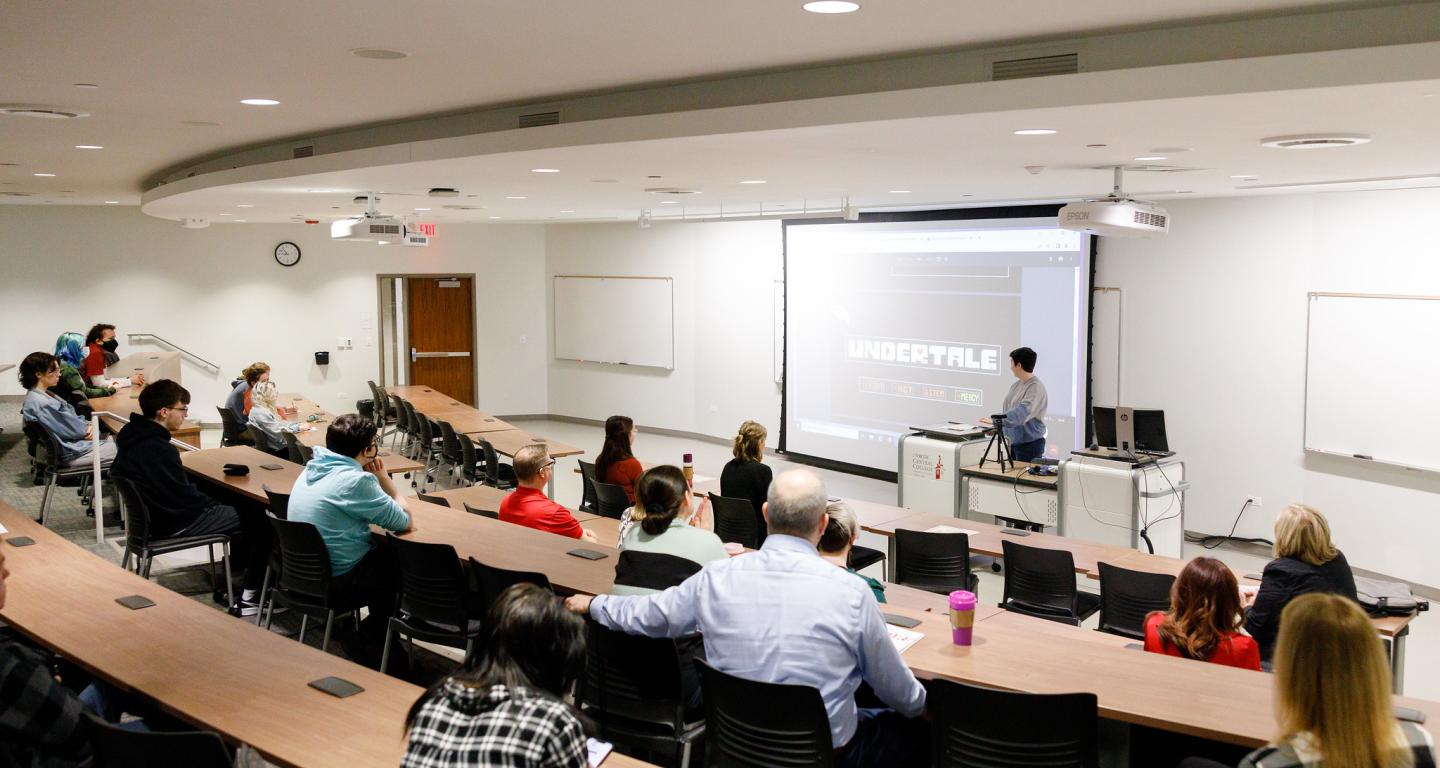
What is a Classical Studies Major?
Reviewed by Jacob Imm
Oct 19, 2022
What is Classical Studies?
Exploring the past can often be a window into the present and the future. One field of study that makes this undeniably clear is classical studies.
Classical studies is a comprehensive look at the output of Ancient Greece and the Roman Empire. Even though these societies rose to prominence more than 2,000 years ago, the topics you’ll cover in a classical studies program are as relevant today as ever.
To help you decide if a classics major is right for you, we’ll look at what you can expect from the field, what you can do with a classics degree, and why you should consider studying the classics—regardless of your ultimate career goals.
What Does Classical Studies Entail?
Classical studies—also called the classics—is primarily an exploration of two ancient world civilizations: the Greeks and the Romans. These societies produced some of the greatest thinkers in history, and many of the theories and discoveries examined in a classical studies major have shaped our world over the past three millennia.
If you’re familiar with the names and theories of people like Plato, Socrates, Marcus Aurelius, Pythagoras, or Aristotle, you already have an idea of how influential these thinkers were; but, you’ve only breached the surface.
When you hear Ancient Greece or the Roman Empire, you might picture contemporary Italy or the sandy beaches of the Greek islands. However, at their peaks, these two civilizations were incredibly vast and exceptionally diverse.
As the Society for Classical Studies notes, the Roman Empire stretched from modern-day Britain to Iraq, which means it took upa huge part of the ancient world and a substantial portion of the brightest minds of the time.
As such, the discipline of classical studies is equally vast. Majoring in the classics means exploring the Greek and Roman Empires directly, as well as related fields like:
- Language
- Art
- History
- Culture
- Philosophy
- Mythology
Above all, students of classical studies learn to think critically about past civilizations—and to apply that thoughtfulness to the 21st Century and beyond.
What Courses Do You Take in Classical Studies?
To get a deeper understanding of what classics majors study, it helps to explore the course selection prospective students can choose from. As mentioned, classical studies is an interdisciplinary field, so courses cover plenty of ground. To give you an example of a potential course load, North Central College’s classical studies minor includes classes like:
- Elementary Ancient Greek
- Elementary Latin
- Classical Mythology
- Ancient Mediterranean Religions
- Greek and Roman History and Historians
- Topics in Classical Art
- Gender and Sexuality in Ancient Greece and Rome
All of these courses shine a light on civilizations in the ancient world and their influence on modern disciplines. For example, the vocabulary of contemporary biology is brimming with words from Greek and Latin. Studying these languages can help you understand science, psychology and more.
Why Study the Classics?
A spark of interest in Roman culture, Greek history, or the Latin language, for instance, is a great first step to pursuing a classics degree.
For another thing, there’s the overall benefit of getting a richer view of history. Many of our current systems and beliefs draw from the ancient Greeks and Romans. Even if we’ve debunked or updated some of these past theories, they had wide-reaching impacts on the education and politics we experience today.
If you’re not that interested in ancient politics, don’t worry–classical studies complement degrees in history, philosophy, religious studies and theater. Most of our modern forms of these disciplines can trace their roots back to the Romans and Greeks, and an in-depth understanding can prove beneficial to your future endeavors.
Finally, classical studies is an excellent stepping stone for those planning to pursue a graduate degree of any kind—because what is a classics major if not a lesson in critical thinking? Critical thinking has its roots in debate, making it an essential component of graduate school.
Where Can Classical Studies Take You?
Now, you might be wondering, “What is classical studies major going to do for me?” or "What can you do with a classics degree?" Either is a fair question; after all, our world couldn’t be more different from how things were in the times of Julius Caesar, Homer or Socrates.
With that said, a classical studies degree can propel you into a career in education, journalism, gallery curation and much more. Each topic with its roots in classical studies—from art history and philosophy to theater and religion—also provides a springboard for graduate programs focusing on these disciplines.
In fact, classical studies students can pursue careers in any number of fields. The essential skills you’ll learn (such as close reading and critical thinking) are advantageous in every discipline.
Studying the Past to Prepare for the Future
Ultimately, the classics provide us with a knowledge base that remains pertinent today. Through its interdisciplinary approach, a classical studies major can teach classical studies students invaluable skills that are applicable to numerous fields and career paths.
Although classical studies focuses on the past, it’s essential to study the classics at a modern, state-of-the-art institution. If you think classical studies might be for you, be on the lookout for well-equipped schools with engaged, knowledgeable faculty—schools like North Central College. With one foot grounded in the present and another in the ancient past, you’ll come out with a better understanding of your own future.
Jacob Imm is the associate director of communication in the North Central College Office of Marketing and Communications. He has 12 years of collegiate communications experience and has worked with hundreds of college students. He has a bachelor’s degree from the University of Notre Dame and a master’s degree from Northern Illinois University.
Sources:
What is classics? Society for Classical Studies. (2020, March 3). Retrieved July 6, 2022, from https://classicalstudies.org/what-classics

